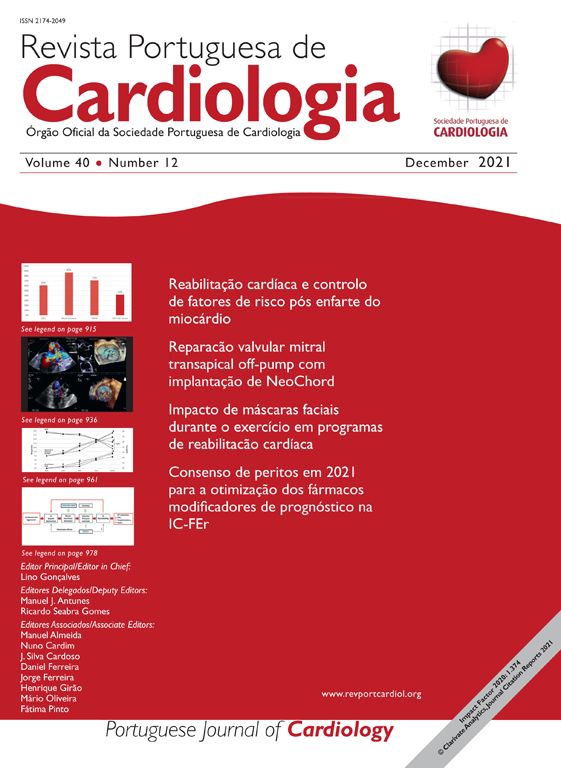According to the World Health Organization (WHO), around 17.5 million people die each year from cardiovascular disease (CVD), making it the leading cause of death worldwide. One risk factor for CVD is poor diet, the prevalence of which has increased in recent years.1–5 Various bodies, including the WHO and the American Heart Association, recommend reducing the quantity of added sugars in the diet,6 which could lead to a 20% decrease in mortality due to CVD by 2020.7,8 The direct link between consumption of sugar-rich products and high cardiovascular morbidity and mortality means there is a need to develop and implement preventive measures to reduce sugar intake, particularly in children, in whom the problem assumes even more worrying proportions.
Sugars are divided into monosaccharides and disaccharides. The most common monosaccharides in food are fructose, glucose and galactose. Fructose is naturally found in fruit and fruit-derived products like juices, and is sometimes added as a sweetener to other products such as soft drinks and biscuits. Corn syrup, which is high in fructose, is the most common added sugar and is most often consumed in soft drinks. The metabolism of fructose is different from that of other sugars and produces certain harmful byproducts. The association between fructose consumption and CVD risk factors such as hypertension, obesity, insulin resistance, diabetes and the metabolic syndrome has been the subject of much research. Studies in animal models have shown that a fructose-rich diet increases susceptibility to myocardial ischemia-reperfusion injury.9
Various studies have indicated that high fructose intake due to widespread use of this sugar in foods and drinks can lead to metabolic changes, including increased triglycerides, insulin resistance and hepatic steatosis, but the results are inconclusive.6 It is therefore important to investigate the physiology of excessive fructose consumption and its effects on health. In this issue of the Journal, Ramos et al.1 assess the effect of chronic fructose consumption on biochemical and body parameters in rats. Their results show that fructose consumption is associated with abdominal adiposity and increased serum triglyceride levels in these animals. Furthermore, the increasing incidence of obesity in populations worldwide in the era of high fructose consumption suggests that a fructose-rich diet may be a major factor in body weight gain. Obesity and excessive visceral fat are directly and indirectly responsible for increasing cardiovascular mortality, particularly through lipid metabolism disorders and weight gain, largely due to excessive energy intake.10 Moreover, fructose does not stimulate production of insulin and leptin, which transmit information to the central nervous system, and therefore may not induce the same feeling of satiety that is experienced after a glucose-based meal, and so reduced insulin and leptin production may contribute to increased energy intake and weight gain in animals and humans. In addition, consumption of fructose-sweetened products increases the likelihood of developing insulin resistance, which accounts for most of the features predisposing to atherothrombosis in obesity.7 It is therefore essential to intervene to change these habits that are harmful to health. Against this background, the results of the study by Ramos et al.1 appear to suggest that fructose consumption leads to increased abdominal fat and changes in triglyceride levels, which implies increased risk of cardiovascular disease, but is not directly associated with body weight gain.
Conflicts of interestThe author has no conflicts of interest to declare.
Please cite this article as: Marques C. O consumo da frutose e o seu impacto na saúde humana: a alimentação nos dias de hoje e o risco das doenças cardiovasculares. Rev Port Cardiol. 2017;36:943–944.



